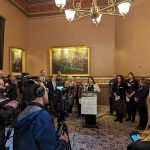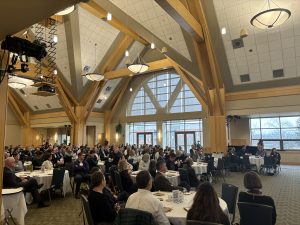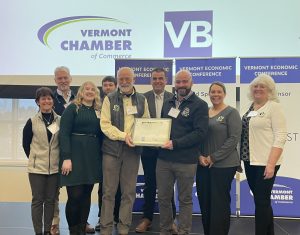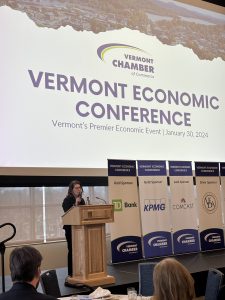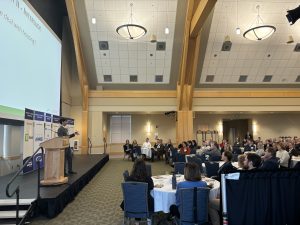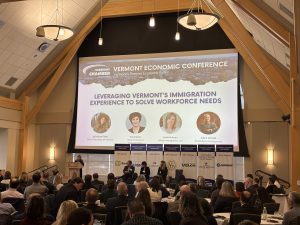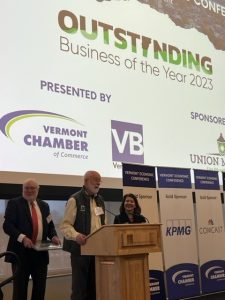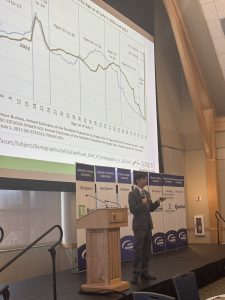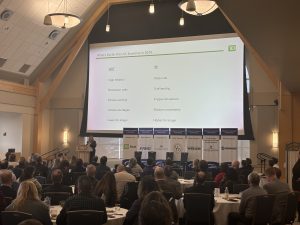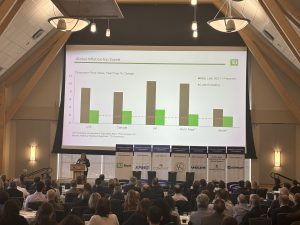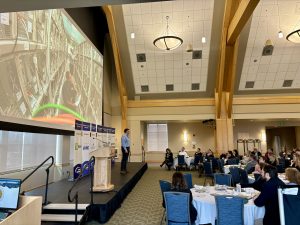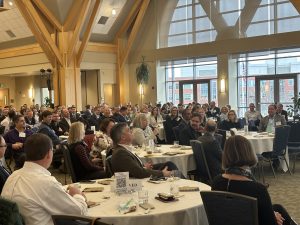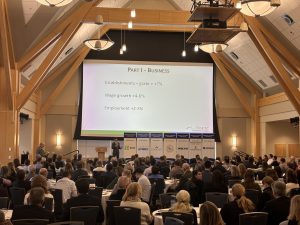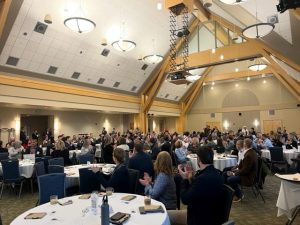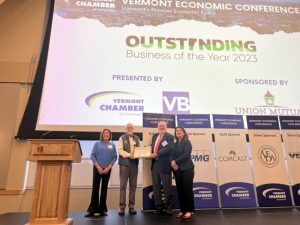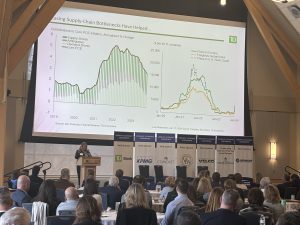Opportunity for Short-Term Rental and Lodging Consistency in the BE Home Bill
S.311, known as the Be Home bill, continued to be debated and refined in the Senate Economic Development, Housing, and General Affairs Committee. Included in the newest version of the Senate’s major housing bill is language that would shift short-term rentals to operate under the same Department of Health statutes that govern the rulemaking for food and lodging establishments. The provision is an opportunity to create alignment and consistency in regulations governing short-term rentals and licensed lodging establishments.
The Vermont Chamber testified this week on the importance of health, safety, and transparency to ensure the well-being of the traveling public in support of Vermont’s visitor economy. The remarks before the Senate Economic Development, Housing, and General Affairs Committee, provided additional context to the Licensed Lodging Establishment Rule, emphasizing the distinct regulatory landscapes for licensed lodging properties and short-term rentals. If the language is retained in the bill, it will enhance clarity and transparency while ensuring public safety. The Vermont Chamber also endorsed the requirement for paperwork submission to a governing agency, annual reviews of forms, and the posting of short-term rental safety documents in a conspicuous location.
[Update as of February 19: Current bill language now clarifies the definition of short-term rentals, mandates the Division of Fire Safety create guidance on the rules governing health, safety, sanitation, and fitness for habitation of STRs, and puts mechanisms in place for short-term rental health and safety disclosures.]








